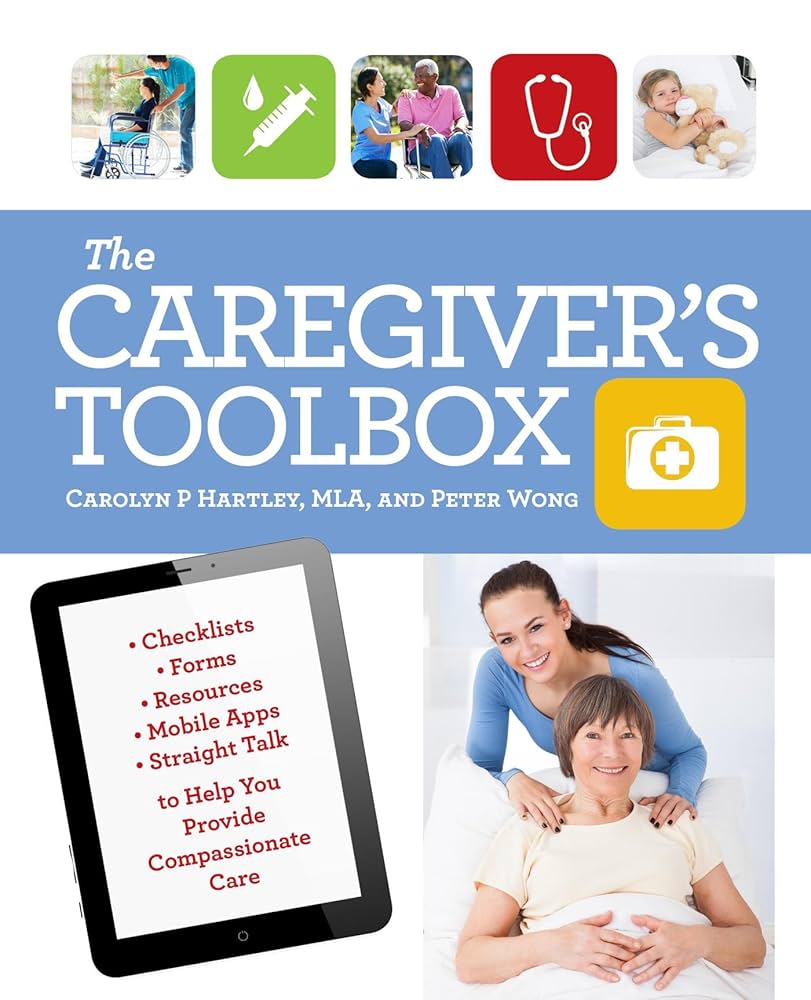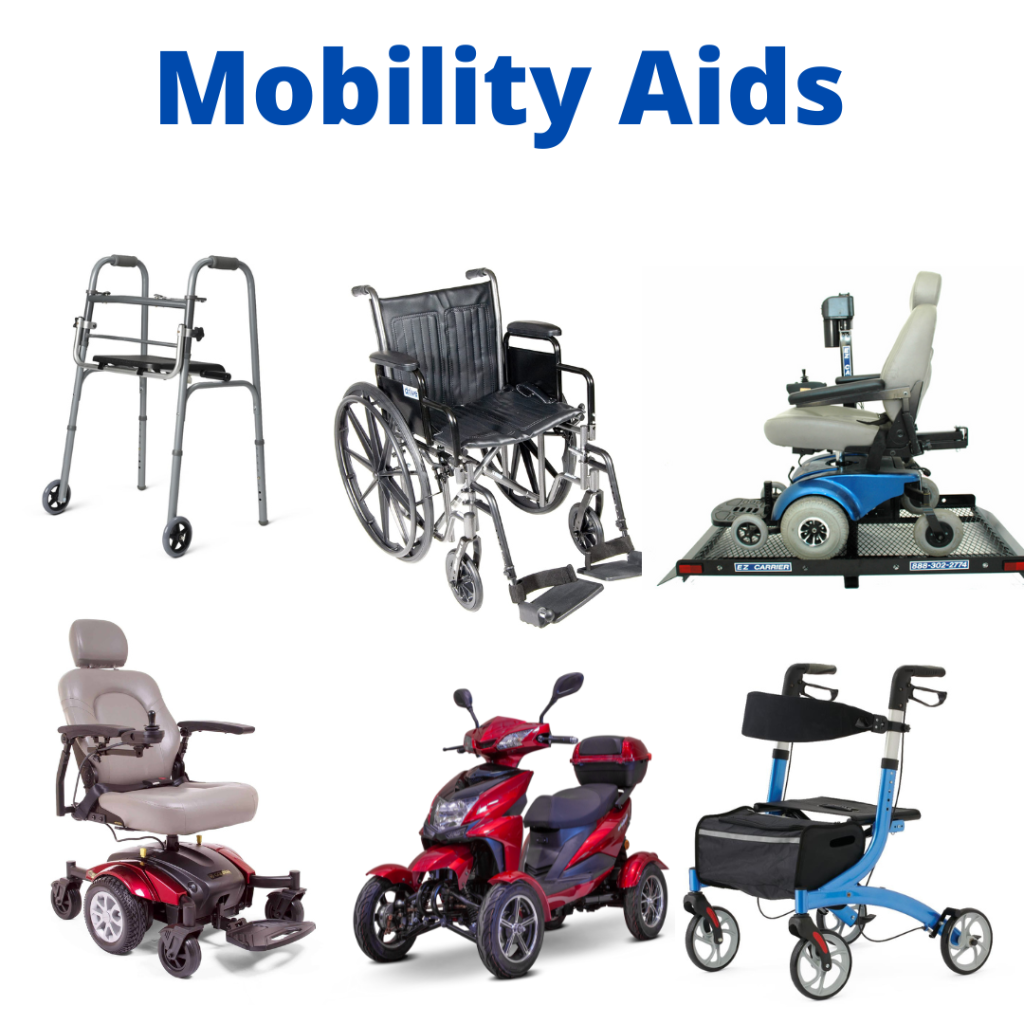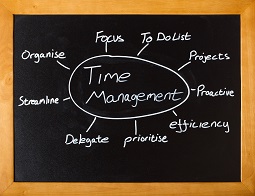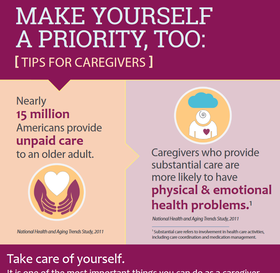
Caring for seniors and individuals with special needs is a deeply rewarding experience, but it also comes with its own set of challenges. Whether you’re a professional caregiver or a family member providing support, having the right tools and resources can make all the difference in delivering compassionate, effective care.
At Patient Care Of Houston, we understand the importance of equipping caregivers with the knowledge and tools they need to succeed. That’s why we’ve put together “The Caregiver Toolbox”—a collection of essential resources to help you provide the best possible non-medical home care.

- Communication Tools
Effective communication is the foundation of quality care. Caregivers must be able to:
- Listen actively to understand the needs and preferences of their clients.
- Use clear, simple language when assisting individuals with cognitive or hearing impairments.
- Maintain open communication with family members to ensure everyone is informed and aligned.
Tool to Try: Keep a care journal or use a shared digital app (like CareZone or CaringBridge) to track daily activities, mood changes, and important notes for family members.

- Safety & Mobility Aids
Non-medical caregivers play a crucial role in helping clients stay safe and independent at home. Some essential tools include:
- Grab bars and non-slip mats to prevent falls.
- Reachers and dressing aids to assist with daily tasks.
- Medication organizers to ensure timely doses (even though caregivers don’t administer meds, they can help with reminders).
Pro Tip: Conduct a home safety assessment to identify potential hazards like loose rugs or poor lighting.

- Emotional & Social Support
Companionship is a key part of non-medical care. Caregivers can enhance emotional well-being by:
- Engaging in meaningful conversations and reminiscing about the past.
- Encouraging participation in hobbies, games, or light exercises.
- Arranging social outings or virtual visits with family and friends.
Tool to Try: Create a memory box with photos, music, or keepsakes to spark joy and connection.

- Time Management & Organization
Balancing caregiving tasks requires structure. Helpful strategies include:
- Daily checklists for meals, hygiene, and activities.
- Scheduling tools (like Google Calendar or a whiteboard) to keep track of appointments.
- Respite care planning to prevent caregiver burnout.
Pro Tip: Encourage clients to participate in their own care routine when possible—it promotes independence and dignity.

- Self-Care for Caregivers
You can’t pour from an empty cup! Caregivers must prioritize their own well-being by:
- Taking regular breaks and asking for help when needed.
- Practicing stress-relief techniques like deep breathing or short walks.
- Connecting with support groups (online or in-person) to share experiences.
1Resource to Explore: Patient Care Of Houston’s Caregiver Support Workshops—where we provide training, resources, and a community of fellow caregivers.
Final Thoughts
A well-equipped Caregiver Toolbox ensures that both caregivers and clients experience the highest quality of life. At Patient Care Of Houston, we’re committed to empowering caregivers with the skills, tools, and support they need to make a meaningful difference.
What’s in your Caregiver Toolbox? Share your must-have tools and tips in the comments below!
About Patient Care Of Houston:
We specialize in non-medical home care for seniors and individuals with special needs, offering companionship, personal care assistance, and respite for families. Learn more at www.patientcarehouston.com or call us at 713-393-7738.
